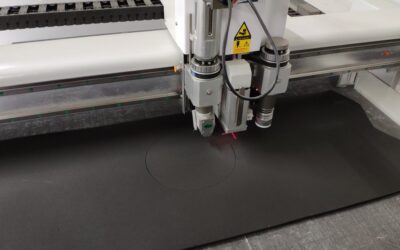Tips for Your Medical School Personal Statement
 Medical School Personal Statement
Medical School Personal Statement
Your medical school personal statement plays a vital role in making your application more impactful. A medical school admission committee relies on this statement to gain insight into your experiences, motivations, and values. Use your statement to set yourself apart from other applicants. The statement is much more than a list of your accomplishments. Get medical school personal statement help to tell your story authentically and compellingly, a story that describes you, your journey, and why you pursue medicine as a career.
Here are our practical tips for medical school personal statement.
- Start Early and Brainstorm
Starting early is crucial to create a thoughtful and polished statement. Begin by brainstorming pivotal experiences that solidified your decision to pursue medicine. Reflect on key moments where you demonstrated empathy, resilience, or dedication to helping others. Gathering these ideas can lead to a strong foundation for your story.
If you’re struggling, consider seeking help, such as advice from mentors or those familiar with admissions.
- Highlight Relevant Experiences
Your statement should reflect experiences that developed your understanding and commitment to medicine. Volunteering, shadowing, research, or any other roles where you interact with patients or learn about healthcare are ideal to include. Rather than listing tasks, share what these experiences taught you and how they motivated your career goals.
- Showcase Your Unique Perspective
Avoid generic statements about wanting to help others. Instead, focus on specific experiences that shaped your decision to study medicine. For instance, perhaps an experience with a family member’s health journey inspired your interest in the field. Share what makes your journey unique to help the committee understand your passion and dedication.
- Be Honest and Authentic
Admissions committees can quickly identify statements that don’t feel genuine. Avoid exaggerating your experiences or pretending to be someone you’re not. Be honest about your motivations and journey, including challenges or setbacks. Overcoming obstacles can show resilience and make your story relatable.
- Balance Professionalism with a Personal Touch
A strong medical school personal statement is both professional and personal. While you should avoid overly casual language, don’t shy away from letting your personality shine through. A conversational yet respectful tone can make your story more engaging, helping readers connect with you as a future doctor.
- Demonstrate a Commitment to Medicine
Expressing your commitment to medicine is crucial. Describe what aspects of the field fascinate you: patient interaction, diagnostic challenges, or opportunities to impact lives. Share how your experiences reinforced this commitment, and demonstrate that you’re fully prepared for the demands of medical school and beyond.
- Seek Constructive Feedback
After writing a draft, get feedback from mentors, advisors, or even professionals offering help. They can give insights on clarity, tone, and how well you’ve conveyed your story. Revising with outside input can sharpen your narrative and ensure it aligns with what admissions committees seek.
- Emphasize Core Medical Values
Medicine is a field driven by values such as empathy, integrity, and dedication to service. Use your statement to show how you embody these values. Share specific examples of times you displayed empathy, persevered through challenges, or took responsibility in difficult situations. Let admissions officers see you possess the qualities that make a great physician.
- End with a Vision for the Future
Wrap up your statement by looking forward to your career in medicine. Mention the impact you hope to have, whether it’s in patient care, research, or community service. A future-oriented conclusion demonstrates that you’ve thought deeply about your medical role and are committed to making a meaningful contribution.
Final Thoughts
Writing a strong statement requires reflection, authenticity, and careful storytelling. For those needing additional support, medical school personal statement Help resources, such as guidance from mentors or professionals, can provide valuable insights. By following these tips, you can create a personal statement that effectively communicates your readiness for medical school and highlights the qualities that make you a future asset to the field.







